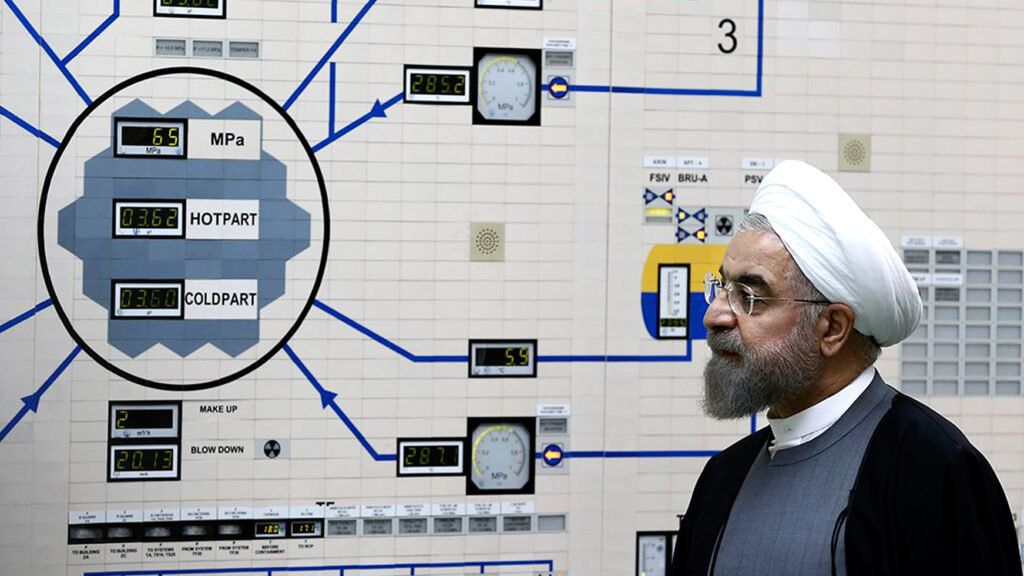
Introduction
The Iranian nuclear program remains a significant concern for global security, primarily due to its potential implications on regional and international stability. The ongoing developments in this area attract attention from policymakers, analysts, and the public alike, given the complexities surrounding nuclear proliferation and diplomatic negotiations.
Recent Events and Developments
As of October 2023, tensions surrounding Iran’s nuclear ambitions have escalated following the partial collapse of the Joint Comprehensive Plan of Action (JCPOA) in recent years. In September 2023, the International Atomic Energy Agency (IAEA) reported that Iran has continued to enrich uranium at levels above those allowed by the JCPOA, signaling an alarming step towards the development of nuclear weapons capability. Iran’s Leader, Ayatollah Ali Khamenei, has insisted that their nuclear program is strictly for peaceful purposes, although many in the international community are skeptical.
Moreover, in early October 2023, Iran announced the inauguration of new centrifuges at its Natanz facility, which significantly enhances its uranium enrichment capabilities. This development prompted swift reactions from Western nations, particularly the United States and European Union member states, who are concerned about Iran’s intentions. Various diplomatic channels, including the Biden administration’s outreach to Iran, have aimed to revive negotiations, but little progress has been made.
International Response and Implications
The escalation in Iran’s nuclear activities has led to renewed calls for stricter sanctions and potential military action from Israel, which views a nuclear-armed Iran as an existential threat. Reports indicate that Israel’s defense officials are increasing their military preparations in anticipation of potential confrontations.
In contrast, nations that support Iran argue for mutual respect and advocating for diplomatic solutions over military options. These diverging viewpoints highlight the complexities of the geopolitical landscape surrounding Iran’s nuclear program. While countries like China and Russia maintain their allegiance to Iran, emphasizing the need for dialogue, the pressure from the West mounts in response to Iran’s advancements.
Conclusion
As of now, the Iranian nuclear program continues to pose a multifaceted challenge on the global stage. Analysts suggest that without renewed and sincere diplomatic efforts that address the concerns of all parties involved, the chances of averting a nuclear crisis remain slim. The potential implications extend beyond just Iran, affecting regional powers and international relations. Observers predict that the coming months could be pivotal, with the world watching closely how this situation unfolds, hoping for peace and stability in a volatile region.



